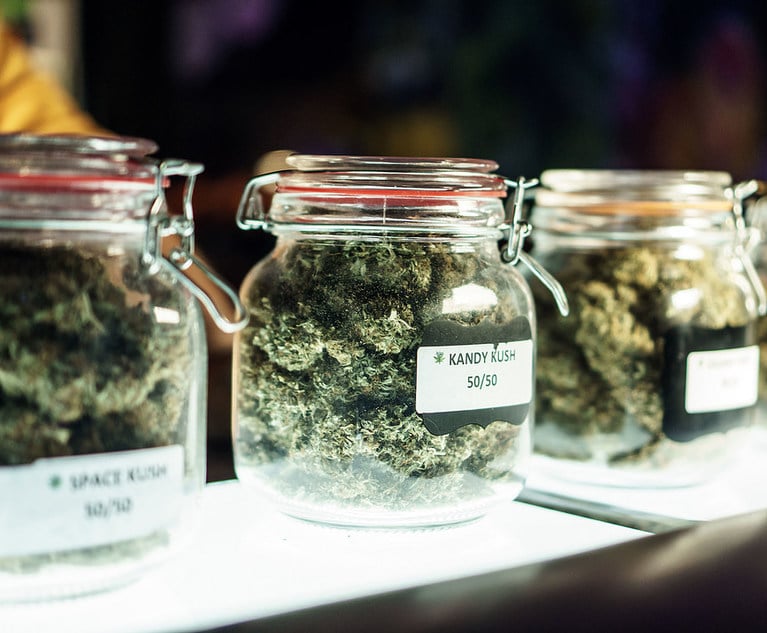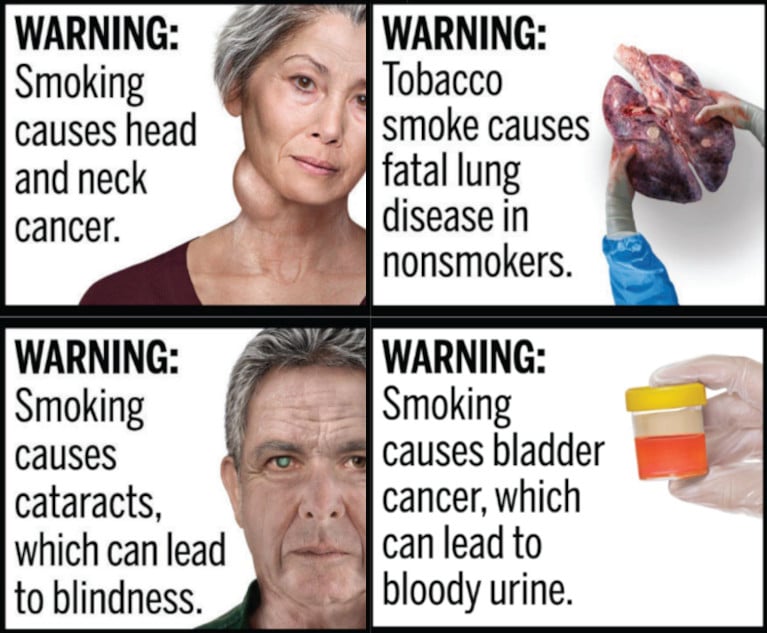Texas is on the brink of producing hemp for the first time since the middle of the 20th century. On March 16, after about one year of regulatory and legislative tinkering, the Texas Department of Agriculture (TDA) released applications to the public to obtain a license to cultivate hemp. While TDA has not yet released the numbers of license applicants, Texas is expected to have thousands of persons apply to grow hemp in 2020, sowing the seeds of a crop that could create growth in industries such as agriculture, food and beverage, textiles, and construction. Because hemp has many uses, the current hemp regulatory program in Texas spans across both TDA as well as the Department of State Health Services (DSHS). Generally, TDA regulates the cultivation and processing of hemp, while DSHA regulates consumable hemp products such as cannabidiol (CBD).
Hemp Under TDA
Texas, unlike many states, did not implement a hemp pilot program pursuant to the 2014 Farm Bill, and therefore hemp cultivation in the state has remained illegal until 2020. In October 2019, the U.S. Department of Agriculture’s (USDA) Interim Hemp Rule, which set standards for hemp production in the United States, allowed states to submit their own hemp production plans for USDA approval. Such approval allows the states, not USDA, to be the principal regulatory authority to oversee and implement their individual hemp production plans. Texas submitted its hemp plan to the USDA on Dec. 2, 2019, and it was approved Jan. 27, paving the path for Texas to adopt regulations and allow both the farming of hemp and production of hemp derived products.


 Cameron Field is co-leader of the cannabis practice at the law firm Michael Best.
Cameron Field is co-leader of the cannabis practice at the law firm Michael Best.




